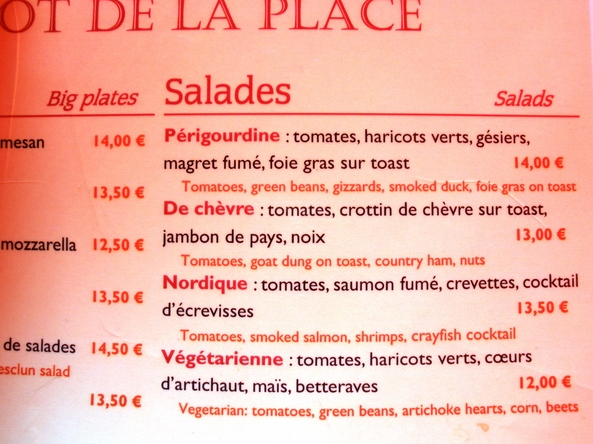Pamela Harris did not use ‘of diversity’ as a modifier
In case anyone fails to notice what W. Kiernan has pointed out in the comments following this post, we now know that Jan Dawson was wrong about the intended meaning of the phrase practitioner of diversity in the quote from law professor Pamela Harris, and I was wrong (and others including Barbara Partee were wrong) to agree with her interpretation. Briefly, the people who read of diversity as a complement of the noun practitioner were right, and the people like Jan and me who interpreted it as a modifier were wrong — not about the grammatical possibilities, but about the writer's intent in this particular case.
Read the rest of this entry »

